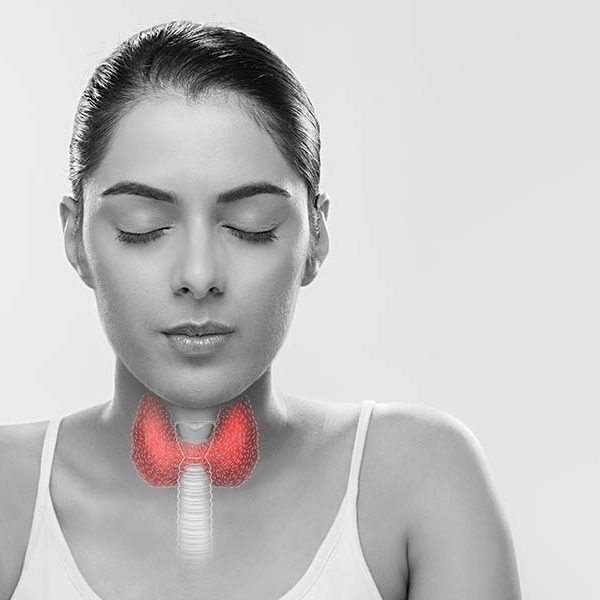Exercises are the most ignored part by most of us when it comes to our thyroid health. Symptoms like tiredness, swelling, and joint pain add to our never-ending list of excuses for not working out. But do you know staying physically active is very important when it comes to your thyroid health?
What do the experts suggest?
The type of physical activity that one should go for depends on the status of their thyroid health.
If thyroid disorder is under control, one can opt for physical activities similar to the ones with a healthy thyroid. But, in case you are a beginner, or the symptoms are still not completely under control, it is suggested that you go for strengthening and low-impact aerobic exercises because they aren’t that exhausting and the symptoms like pain and swelling stay within bearable limits.
What exercises can be performed?

- Take a Walk:This is amongst the easiest and most effective workouts. It sets the tone of your heart and helps in burning up to 280 calories per hour.
- Go for Water Aerobics:The buoyant forces of water have an impact when it comes to relieving swollen ankles and painful joints.
- Perform Yoga: This helps us in focussed breathing along with stretching and strengthening our muscles. Results like better lung strength are observed within 6 months of yoga practice.
- Moving Meditation: This is a proven stressbuster and helps in the overall well-being of an individual.
- Strengthening: Strong muscle building helps in relieving joints. This can be done through both weight training and callisthenics.
Benefits
Exercise plays a vital role in relieving symptoms associated with hypothyroidism apart from the medication prescribed by your doctor with the aim of improved hormone production. A remarkable improvement in one’s health with better quality of life is observed if a workout routine of 3 hours per week is maintained for 3 months.
Exercises help:
- Mood booster:Reduced stress and increased endorphins in our body during exercise combat depression and anxiety caused due to underactive thyroid.
- Weight loss:Exercises help us in burning those extra calories and building our muscles which otherwise would have led to weight gain due to slow metabolism.
- Increased energy levels:Low-intensity aerobic exercises help us fight tiredness and fatigue and make us more energetic in contrast to those who are physically inactive.
How to start?
- Always consult your doctor and dietician before making a major change in your routine and habits. Vigorous exercises should be strictly avoided in the early stages and thyroid management should be the priority to avoid any complications.
- Performing exercises with an unmanaged thyroid can make the situation worse and even out of control. Breathlessness and painful joints are the commonly noticed symptoms.
- It is also advised to consult your doctor and dietician before tailoring your diet plans with protein shakes or any kind of supplements as they may hinder the proper functioning of the prescribed medication.
- Workouts should always be added to our routines slowly and gradually. We need to respect the needs of our bodies and take a break when needed instead of pushing our limits. Avoid hurting yourself at all costs. Longer and harder workouts can be included once we are used to them.






















Share this article